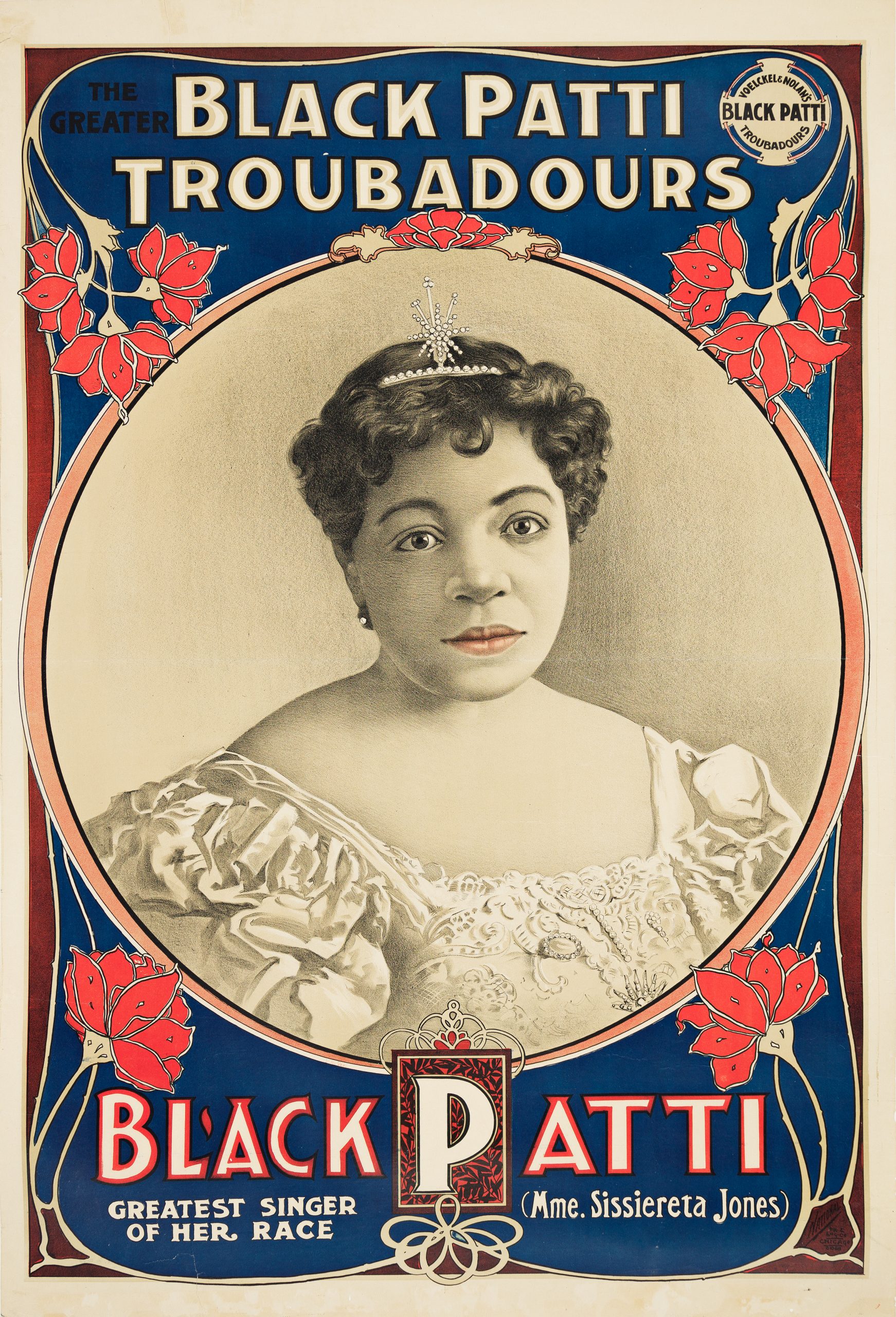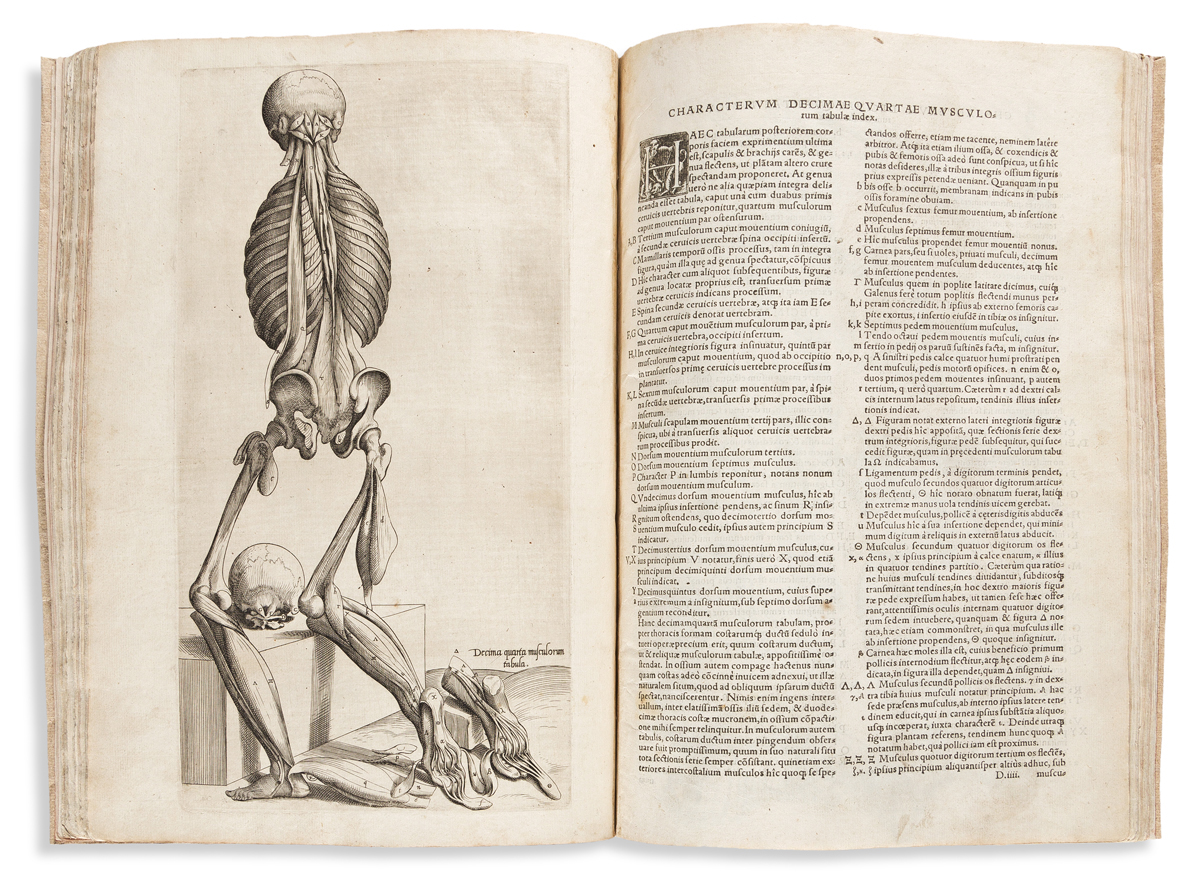Specialist Pick: Devon Eastland on Wuthering Heights vs. David Copperfield
Devon Eastland, specialist for our Focus on Women auction, touches on the special nature of Emily Brontë’s Wuthering Heights and the differences between Brontë’s female characters and those in Charles Dickens’s David Copperfield, which was written in the same time and place.
Earlier this spring, I read Wuthering Heights for the first time, or rather, I listened to a recording of someone reading it. As the value of reading over listening is open to debate, let’s shelve that discussion for the moment. (A note in favor of listening, as I lack the ability to summon a correct mid-nineteenth century rural Yorkshire, I was happy that my reader was fully up to the task.) My general impression? Wuthering Heights is wild. It’s violent, rude, frightening, and contains thoroughly malevolent (and multi-generational) revenge plots. In my catalog description of the first American edition offered in this spring’s Focus on Women sale (lot 20), I quote from a contemporary review, which gives a very good sense of how the story was received at the time: overwhelming but worth it.

Now I’m reading David Copperfield, a novel whose action could not be more different in tone and character. It dawned on me that Dickens was writing David Copperfield in the very same small country at the very same time as Emily Brontë was working on Wuthering Heights. Although of the same terroir and period, the two works and the personages that inhabit them vary wildly.
Brontë’s work drives directly into the teeth of a nineteenth-century woman’s worst-case life scenarios regarding family, money, living arrangements, and of course, marriage. Women in Wuthering Heights are active, opinionated, odd, abusive, and real. As much as I enjoy the charming eccentrics and admiring portrayals of Dickens’s female characters, Brontë’s women and girls are both hunted and dangerous. Because they are portrayed from internal states, they emerge as complex, real, haunting & haunted, troubled & troubling.
David Copperfield experiences a wide-ranging and subtly graded spectrum of impressions & feelings through his life story. Perception of women in the mid-nineteenth century is borne out through his work, physical characteristics and attractiveness are noted, especially in young women. We read assessments of women’s moral worthiness, with patience, calmness, chastity, and the ability to run a clean house efficiently with no complaints all counted as great virtues. And although space is made for eccentric women, older women, and those with power, it’s just not the same.
In Wuthering Heights, Brontë gives us the full force of oppression faced by women, and she presents characters who are not willing to sit by. It’s not a knock against Dickens that this particular angle was not available to him. Women are half of everyone, with just as many voices, but were not welcomed into the spaces of creative expression. Wuthering Heights, in its first British and American editions, was published under a man’s name. All three Brontë sisters used male pseudonyms when first publishing all of their works. Focus on Women has one through-line, women’s stories told by women, and we are thrilled to have the Brontë’s on the team.













![Grace Meschery-McCormack shares about two copies of Fernando de Rojas’s ‘La Célestine,’ including a limited edition copy illustrated by Pablo Picasso.
At auction April 22. Learn more about the works at the link in our bio.
#Rarebooks #rarebookdealer #antiquarianbooks #auctions
_______________________________________
Music Credit:
Schubert - Piano Quintet in A major ‘The Trout’, D. 667 - IV. Andantino – Allegretto
Music provided by Classical Music Copyright Free on Youtube [https://tinyurl.com/visit-cmcf]
Watch: • Schubert - Piano Quintet in A major ‘...]](https://scontent-iad3-1.cdninstagram.com/v/t51.75761-15/491443494_18499096345036585_5935932878956098058_n.jpg?stp=dst-jpg_e35_tt6&_nc_cat=107&ccb=7-5&_nc_sid=18de74&_nc_ohc=OlBShB8qEWAQ7kNvwHbrXqd&_nc_oc=Adn09Fh3YL-11OkpQcrYGgFN9beLpm0IfGUn2bwN7iJs6d4v8qMeP8kSYmCw82y2ewU&_nc_zt=23&_nc_ht=scontent-iad3-1.cdninstagram.com&edm=AM6HXa8EAAAA&_nc_gid=lfY4_2vE-yX6Vkb-vQvT3Q&oh=00_AfEAHFW3zs3K6R91vJtUnvkHnVOVTzShV6Nz4h29OEu07Q&oe=681A3E11)




